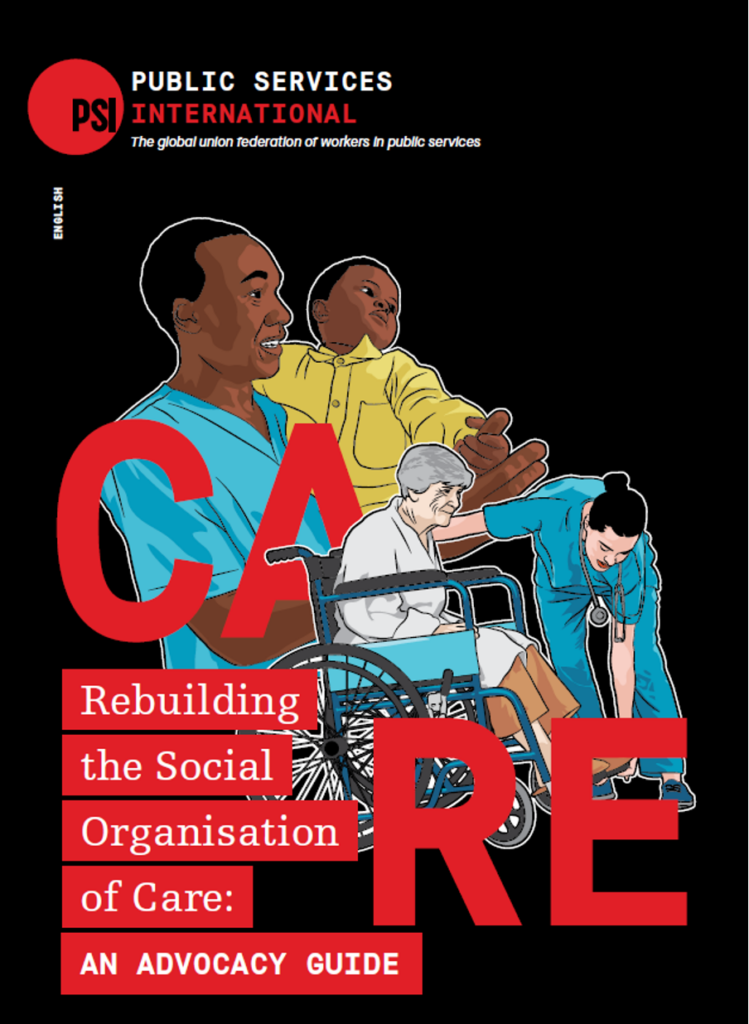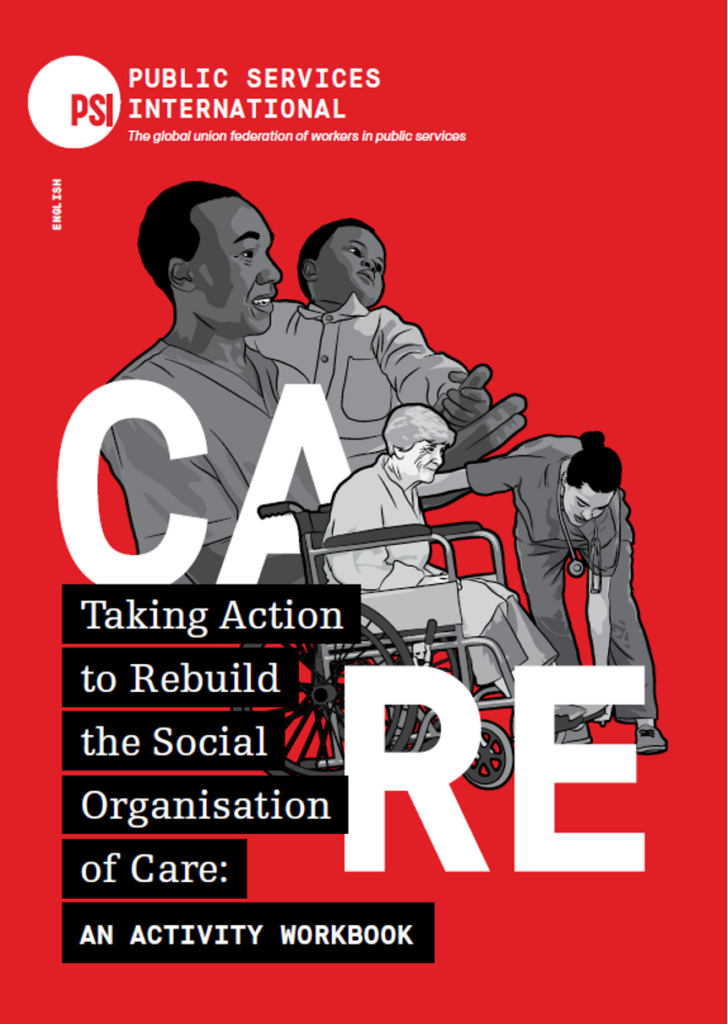GLI Manchester supports the statement from Global Unions.
The Global Unions signatory below note the International Court of Justice (ICJ) Order issued in the case filed by South Africa against Israel regarding the application of the Genocide Convention in the Gaza Strip, which demonstrates the vital importance of the international rule of law and effective enforcement.
The ICJ’s binding provisional measures address the urgent need to protect and prevent further harm to the Gazan population. The ICJ and the convention exist to protect human rights and the safety of vulnerable people and rely on the support of the international community. Now is the time to amplify trust in the international legal order.
The Global Unions emphasise the gravity of the situation. Our members in Gaza are being killed while they go about their work including teachers, healthcare workers, transport workers, journalists, UN staff, international aid workers and many others.
We urge Israel to comply with the ICJ’s Order to take immediate steps to prevent acts of genocide, punish incitement to genocide, and facilitate the provision of basic services and humanitarian assistance to Palestinians in Gaza.
The signatories also request the following actions from the international community:
- All States Parties to the Genocide Convention to fulfil their obligation to prevent genocide: The UN Security Council and member states must take collaborative action to ensure that the provisional measures are implemented in full.
- International Criminal Court prosecutor must expedite investigations into allegations of war crimes and crimes against humanity committed by Israel and Palestinian armed groups: A thorough and independent investigation is crucial to bring perpetrators to justice and prevent future violations.
- World leaders to prioritise diplomacy and dialogue over violence: Secure the release of all hostages and work towards an immediate and lasting ceasefire that guarantees the safety and security of all Palestinians and Israelis.
While expressing support for the UN’s internal investigation, the people of Gaza and our members depend on the lifesaving support UNRWA provides. The Global Unions urge countries who have suspended their funding of United Nations Relief and Works Agency for Palestine Refugees in the Near East (UNRWA) to re-consider.
The Global Unions below represent millions of workers across all sectors of the economy around the world. We are committed to promoting and protecting human and trade union rights around the world, and we will continue to raise our voices in defence of working people.
Signatory Global Unions
Building and Woodworkers’ International
Education International
IndustriALL
International Federation of Journalists
International Transport Workers’ Federation
Public Services International
UNI Global Union


